5 Reasons to Make Charitable Giving A Holiday Tradition
- Guest User
- Dec 23, 2024
- 4 min read
1. Generosity Reflects God’s Heart and Mission
God’s ultimate gift to humanity was His Son, who is a demonstration of sacrificial love and generosity. As followers of Christ, we’re called to model that same selflessness. Acts 20:35 reminds us, "It is more blessed to give than to receive." Generosity is an act of obedience and love, joining God’s mission to bring hope, healing, and restoration to the world.
📖 #GreatGain Cause Spotlight: Biblical Education in the Developing World
Why It Matters: Over 95% of pastors in developing countries lack formal theological education (1).
Your Impact: Your gifts fund scholarships, provide biblical courses, and support community workshops, equipping leaders with God’s truth to transform their communities.
2. Giving Changes Lives—Including Yours
Science agrees with Scripture: giving is good for you! Studies show that people who donate to charitable causes experience lower blood pressure, less stress, and greater happiness. In fact, a Harvard Business School (2) study found that giving to others boosts happiness more than spending money on oneself.
Additionally, When you give, you step into the joy of God’s calling. Research shows that Bible-engaged individuals are the most charitable, giving generously to causes that align with God’s mission (3). They also report higher levels of life satisfaction and purpose. Proverbs 11:25 reminds us, "A generous person will prosper; whoever refreshes others will be refreshed."
🏫 #GreatGain Cause Spotlight: Global K-12 Education
The Need: Globally, 244 million children are out of school (4). Many children in developing countries face overcrowded classrooms, lack of supplies, and unqualified teachers.
Your Impact: Donations build classrooms, provide scholarships, and supply critical resources for children to learn and grow, breaking the cycle of poverty through education.
3. Giving has a ripple effect
Every dollar you give has a ripple effect. For example, every $1 invested in clean water and sanitation yields $4.30 in economic returns due to improved health and productivity (World Health Organization, 5). Whether you’re funding education, clean water, or sustainable resources, your gift doesn’t just meet today’s needs—it creates lasting impact for generations.
🤝 #GreatGain Cause Spotlight: Sustainable Christ-Centered Community Initiatives
The Need: 1 in 4 people globally lack access to safe drinking water (6) . Energy poverty affects over 700 million people worldwide (7).
Your Impact: Your generosity builds church campuses, installs solar power, provides clean water, and supports programs like SLAM (Students Living a Mission) to empower youth and improve quality of life for families and communities.
4. Giving Generously Combats Consumerism and Cultivates Gratitude
The holiday season often brings an overwhelming focus on consumption. In the United States alone, Americans spend over $1 trillion during the holidays, while 25% more waste is generated between Thanksgiving and New Year’s Day, equating to approximately 1 million tons of extra garbage weekly (8,9). In a world where 85% of the global population lives on less than $30 a day, this level of consumption highlights an imbalance that should inspire reflection—and action (10).
By shifting our focus from accumulating material goods to giving generously, we embrace the true spirit of the holidays and align ourselves with a higher purpose. Generosity disrupts the cycle of consumerism and connects us to the global community, allowing us to invest in efforts that address systemic poverty and inequality.
Supporting causes like our Great Gain Campaign is one way to make a meaningful impact. When you give to initiatives like Biblical Education in the Developing World, Global K-12 Education, and Sustainable Christ-Centered Community Initiatives, your generosity addresses these disparities directly. Whether it’s training pastors who lack theological education, building classrooms for underserved children, or empowering communities with resources like clean water and solar energy, your gift redirects wealth toward transformative, sustainable change.
This holiday season, instead of focusing on the temporary satisfaction of material gifts, let’s choose to create lasting impact by investing in causes that uplift individuals and communities around the world. Giving is not only a countercultural act of gratitude but also a declaration of hope for a better future.
5. Generosity Builds Eternal Impact
This season is an invitation to reflect on the legacy you want to leave behind. Giving is about more than meeting immediate needs—it’s about planting seeds for a better future. Charitable giving is transformative, creating opportunities for spiritual and physical growth that extend far beyond this lifetime.
🌟 Your Generosity Makes a DifferenceThanks to donors like you, we’re already making progress toward our #GreatGain goals. Your support ensures that:
Biblical education equips leaders to shepherd their communities.
Classrooms and scholarships empower children to learn and thrive.
Clean water, solar power, and sustainable resources improve quality of life for families worldwide.
This Holiday Season, Let’s Create #GreatGain Together
As you celebrate this season of giving, ask yourself how you can make generosity part of your story. Together, we can create lasting change and reflect God’s love to the world.
💛 Ready to make an impact? Give today and help us meet these life-changing needs!
Source: Lausanne Movement. https://lausanne.org/global-analysis/a-global-standard-for-ministry-training
Source: Harvard Business School, The Science of Generosity.https://hbr.org/2019/01/the-science-of-generosity
Source: Julie Roys, Most Bible-Engaged People in U.S. Are Most Charitable, Study Finds.https://julieroys.com/most-bible-engaged-people-in-u-s-are-most-charitable-study-finds/
Source: UNESCO, Global Education Monitoring Report 2022.https://www.unesco.org/en/articles/244m-children-wont-start-new-school-year-unesco?hub=343&utm_source=chatgpt.com
Source: World Health Organization (WHO).https://www.who.int/news-room/fact-sheets/detail/drinking-water
Source: UNICEF. https://www.unicef.org/wash/
Source: International Energy Agency (IEA).https://www.iea.org/topics/energy-access/
Source: National Retail Federation.https://nrf.com/resources/holiday-and-seasonal-trends/holiday-spending
Source: Stanford University Waste Reduction Facts.https://web.stanford.edu/group/recycling/Waste-Reduction-Facts.html
Source: World Bank, Global Poverty Monitoring.https://www.worldbank.org/en/topic/poverty


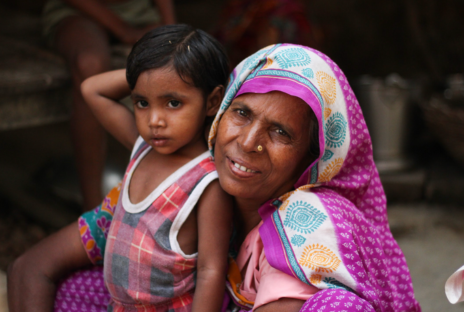



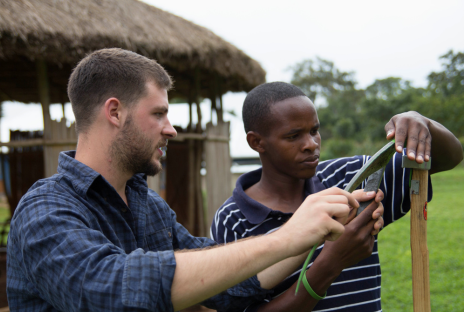

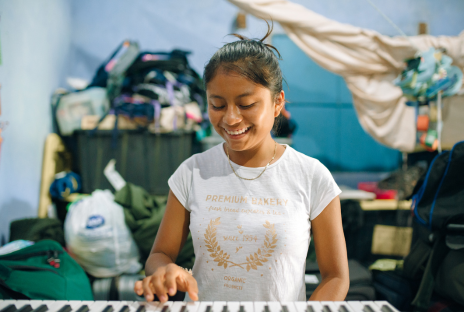



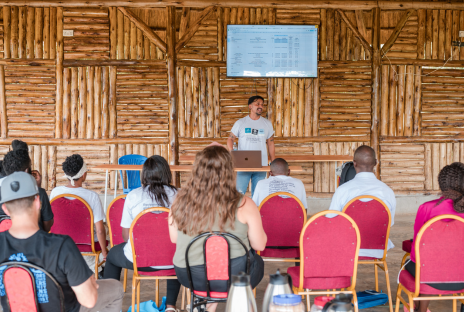



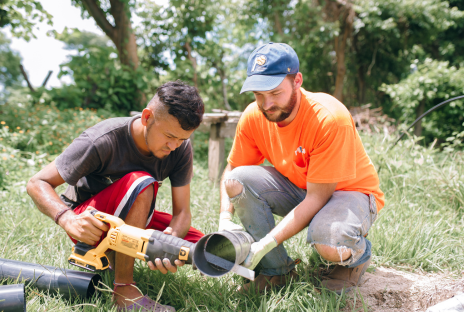
Comments